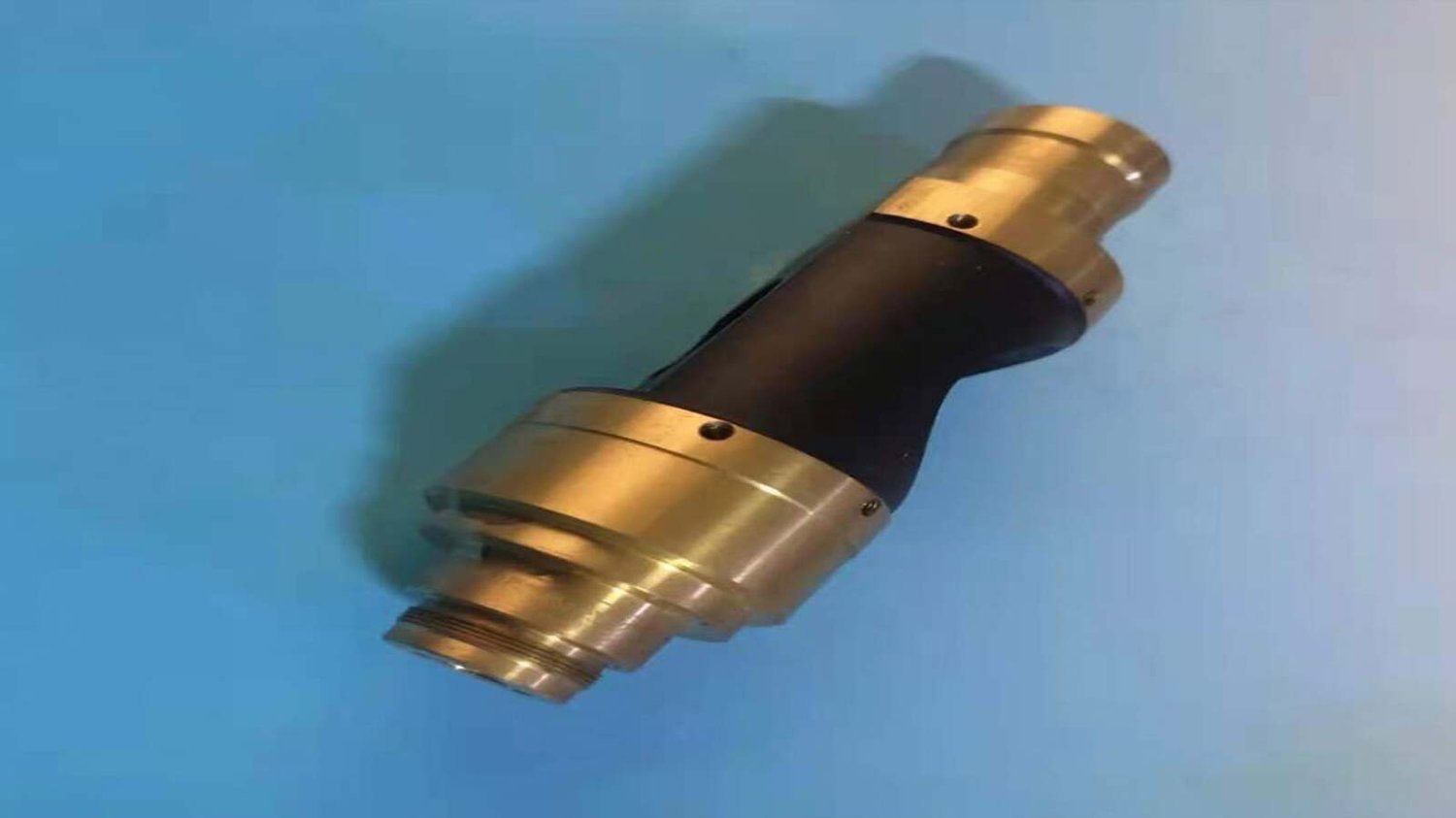The Basics of CNC Drilling
CNC drilling is a process that utilizes computer-controlled machines to create precise holes on various surfaces. This process is commonly used in manufacturing, prototyping, and construction projects that require consistent hole placement and accuracy. Unlike conventional drilling methods, CNC drilling is faster and more efficient. The machines used in this process can drill holes in different shapes and sizes with high precision, accuracy, and speed.
The Advantages of CNC Drilling
One of the main advantages of CNC drilling is the precision it provides. The machine is capable of drilling holes in the same position every time, ensuring that the final product is consistent. Additionally, the speed of the process increases production time, allowing for a higher volume of output. The process also eliminates the need for manual drilling, reducing the likelihood of human error while ensuring consistency.
CNC Drilling Techniques
CNC drilling machines use a variety of techniques to create holes on different surfaces. One of the most common techniques is peck drilling, which involves drilling a hole in small increments, with the drill bit lifted after each stage. Another technique is high-speed drilling, which utilizes high-speed spindles and feed rates to create deep and narrow holes. There is also trepan drilling, which involves drilling a large hole in a workpiece, and counterboring, which creates a flat-bottomed hole.
CNC Drilling Applications
CNC drilling plays a vital role in many industries, including automotive, aerospace, medical, and construction. In the automotive and aerospace industries, CNC drilling machines are used to create precise holes in engine components, such as cylinder heads and engine blocks. In the medical industry, CNC drilling is used to create precise holes in surgical instruments. The construction industry uses CNC drilling machines to create holes on concrete or steel surfaces.
CNC Drilling Materials
CNC drilling machines can drill holes in a variety of materials, including metals, plastics, wood, and composites. The materials used in the project determine the type of drill bit used. For example, HSS (high-speed steel) drill bits are used to drill through softer materials such as wood or plastic, while carbide drill bits are used to drill through hard materials, such as metals and composites.
CNC Drilling Versus Traditional Drilling
When compared to traditional drilling methods, CNC drilling provides more accurate holes with minimal human error. Traditional drilling methods involve manual drilling, which can lead to inaccuracies and a slower process. CNC drilling machines also have a higher production output and can drill holes in a shorter time frame.
CNC Drilling Safety Precautions
As with any manufacturing process, safety is of utmost importance when using CNC drilling machines. The operator must ensure that the drill bit is appropriately secured before starting the machine. Wearing protective gear, including eye and ear protection, is crucial to prevent injury from flying debris and loud noise.
CNC Drilling Maintenance
Proper maintenance is essential to keep CNC drilling machines operating smoothly and producing accurate holes. The machine must be cleaned regularly to remove chips and debris from the drilling area. The drill bit should be inspected for signs of wear and tear and replaced when necessary. Routine maintenance of the machine's mechanical parts, such as lubrication of the moving components, is also essential to keep it in good condition.
CNC Drilling Future Developments
The future of CNC drilling machines is likely to see advancements in automation and the integration of artificial intelligence. These developments will make it possible to program the machine to perform more complex drilling tasks without requiring human intervention. The integration of IoT (Internet of Things) will make it possible to remotely monitor and control the machine, leading to increased efficiency, accuracy, and reduced downtime.
CNC Drilling and Industry 4.0
CNC Drilling is a part of Industry 4.0 - the fourth industrial revolution that is reshaping the manufacturing sector. Industry 4.0 involves the integration of digital technologies, including automation, IoT, AI, and machine learning, into the production process to drive efficiency, productivity, and cost-effectiveness. The implementation of Industry 4.0 will lead to more sophisticated CNC drilling machines that will revolutionize the manufacturing sector.

